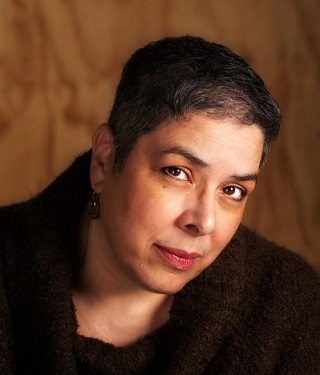
I am a master educator, field researcher, and public scholar. My formal education includes a Master’s of Science in Teaching from Portland State University, and a B.A. in Communications from the University of North Carolina – Charlotte. I have been studying and exploring barriers to learning, and what it means to be a “better teacher,” for over 25 years, in almost every type of teaching environment, with almost every kind of adult student.
My first text “Building a Trauma-Responsive Educational Practice: Lessons from a Corrections Classroom,” is the first book to address the impacts of trauma on adult learning, and also provides a guide to teaching in carceral spaces. In the text, I invite curiosity about how we can bring joy into challenging spaces, and what that can mean for learners and teachers alike. Countering the impacts of trauma on learning is a way to guide students toward rediscovering themselves as strong and capable learners, and one pathway to a joyful and compassionate world.
Why care about trauma?
Why do I care so much about trauma and learning? I’ve written about this elsewhere so I won’t do a deep dive here, but ultimately, trauma “work” in education is a throughline that
- acknowledges teachers and learners as complex, connected human beings,
- reflects deeply in order to transform teaching approach and content, and
- builds a practice that interrupts cycles of systemic, historical educational harm.
Facing the impacts of trauma is the beginning of our work, a point of intervention. But intervention is a disruption, not a repair, and does not offer a compelling path into different outcomes. We cannot move into a life-affirming future by repeating the same trauma-inducing patterns, behaviors, and experiences that brought us here. To that end, a significant portion of my work is creating a joyful experience of learning as a counter to trauma, and give teachers a new starting point in their own practice.
As long as we are stuck in endlessly repeating loops of learning-based trauma, we will continue not learning from each other and our history. We will continue devastating our planet, killing each other, and generally wasting all of our gifts and talents and beauty. I want us to learn from our past, from each other, from nature, from the universe, and bring all of our gifts and talents to applying that learning.
Other Stuff
Reentry & education (Part 1 of a four part series)
Commonly Asked Questions series
Curriculum Vitae (available on request)